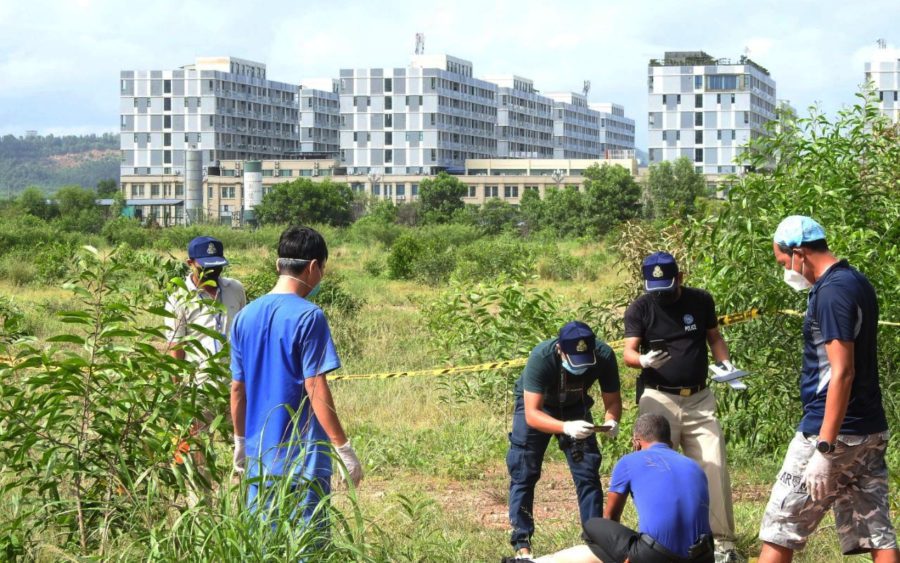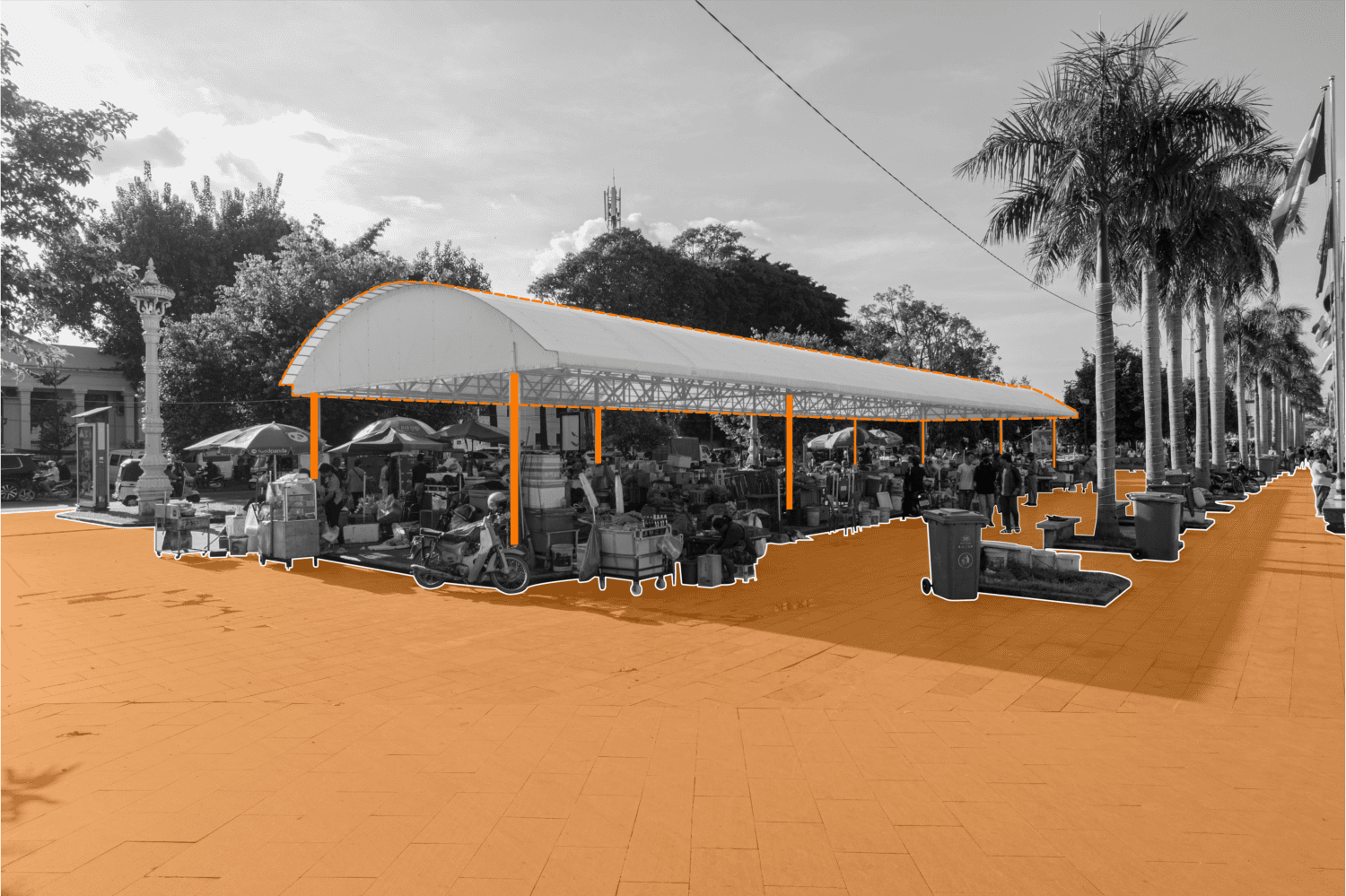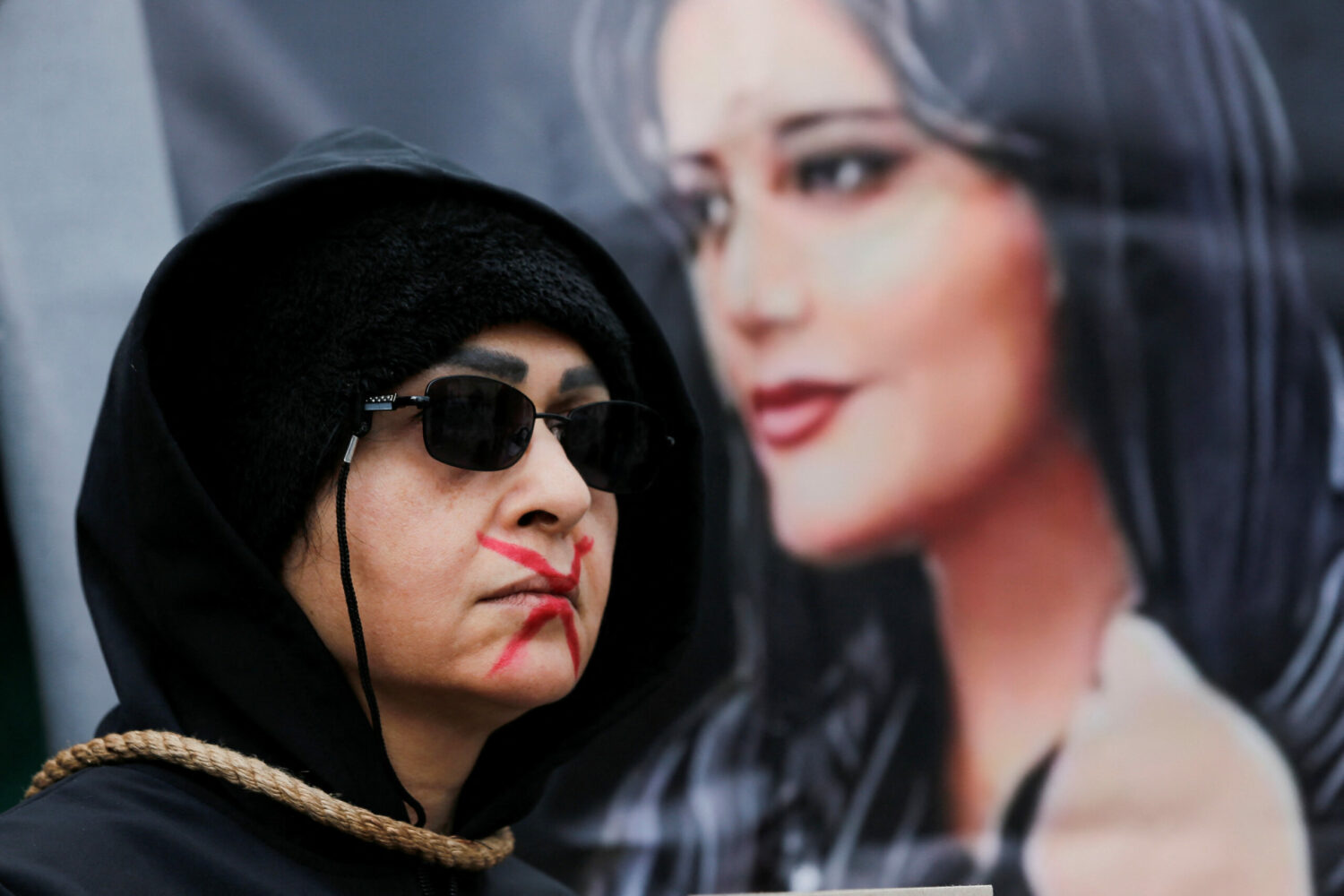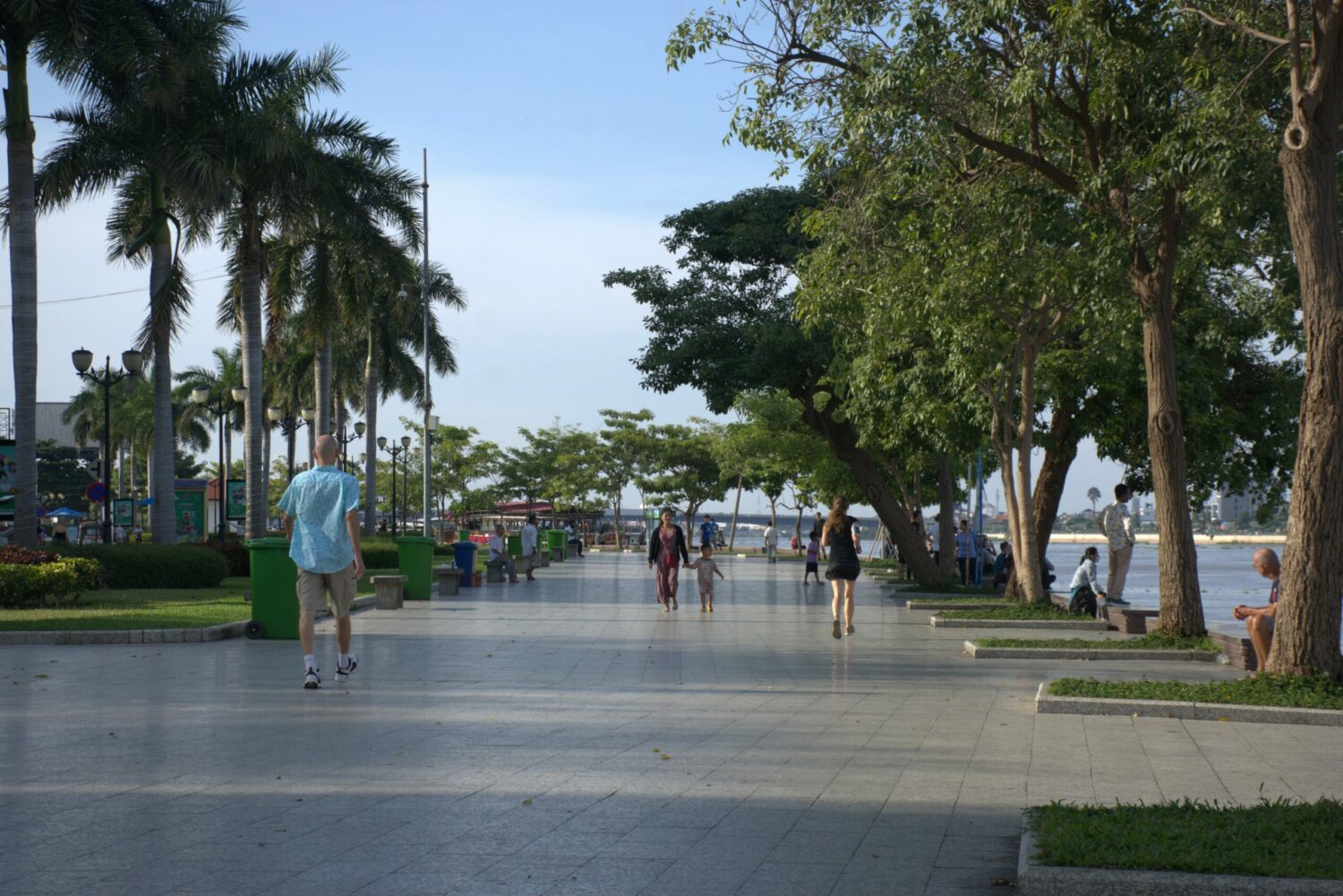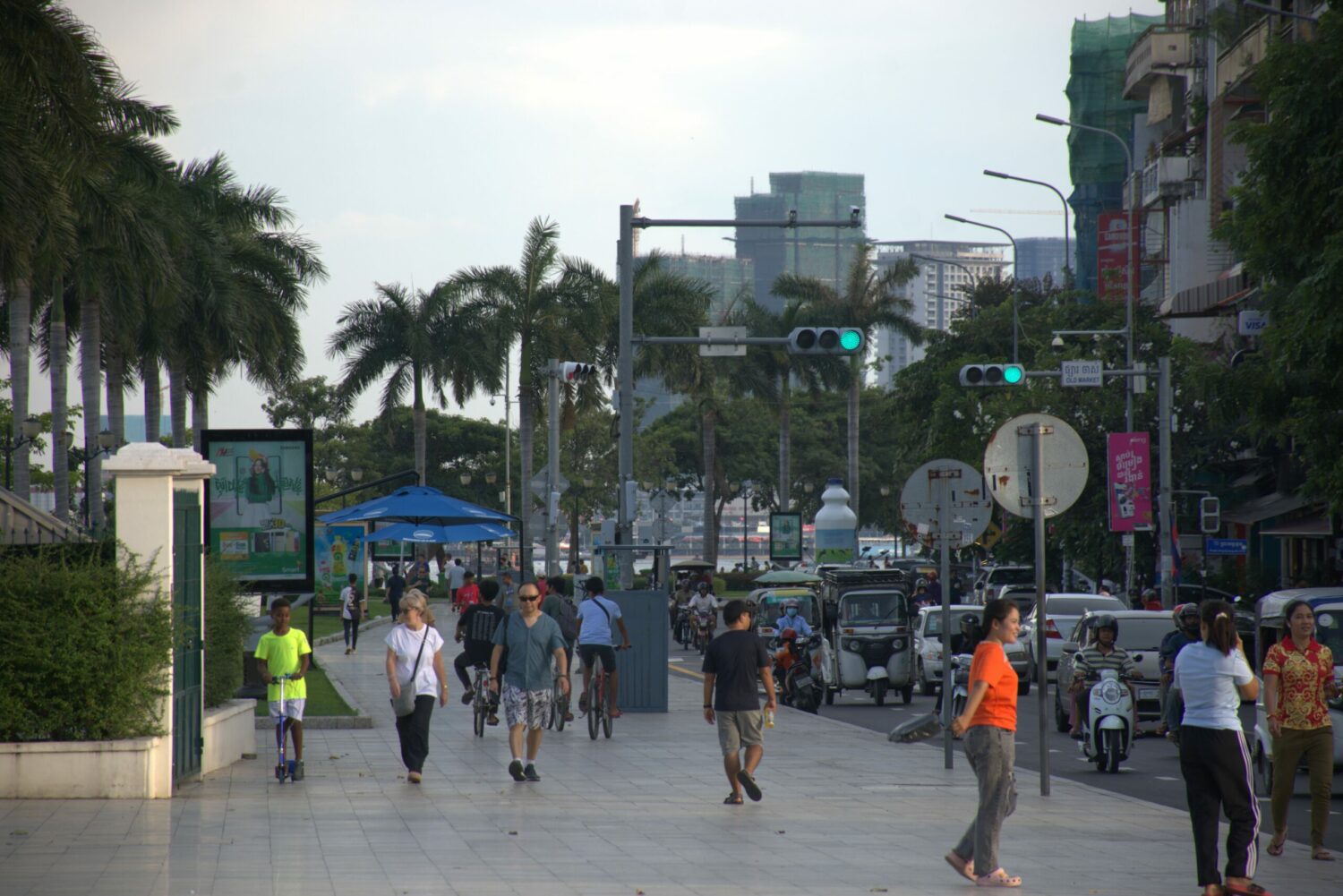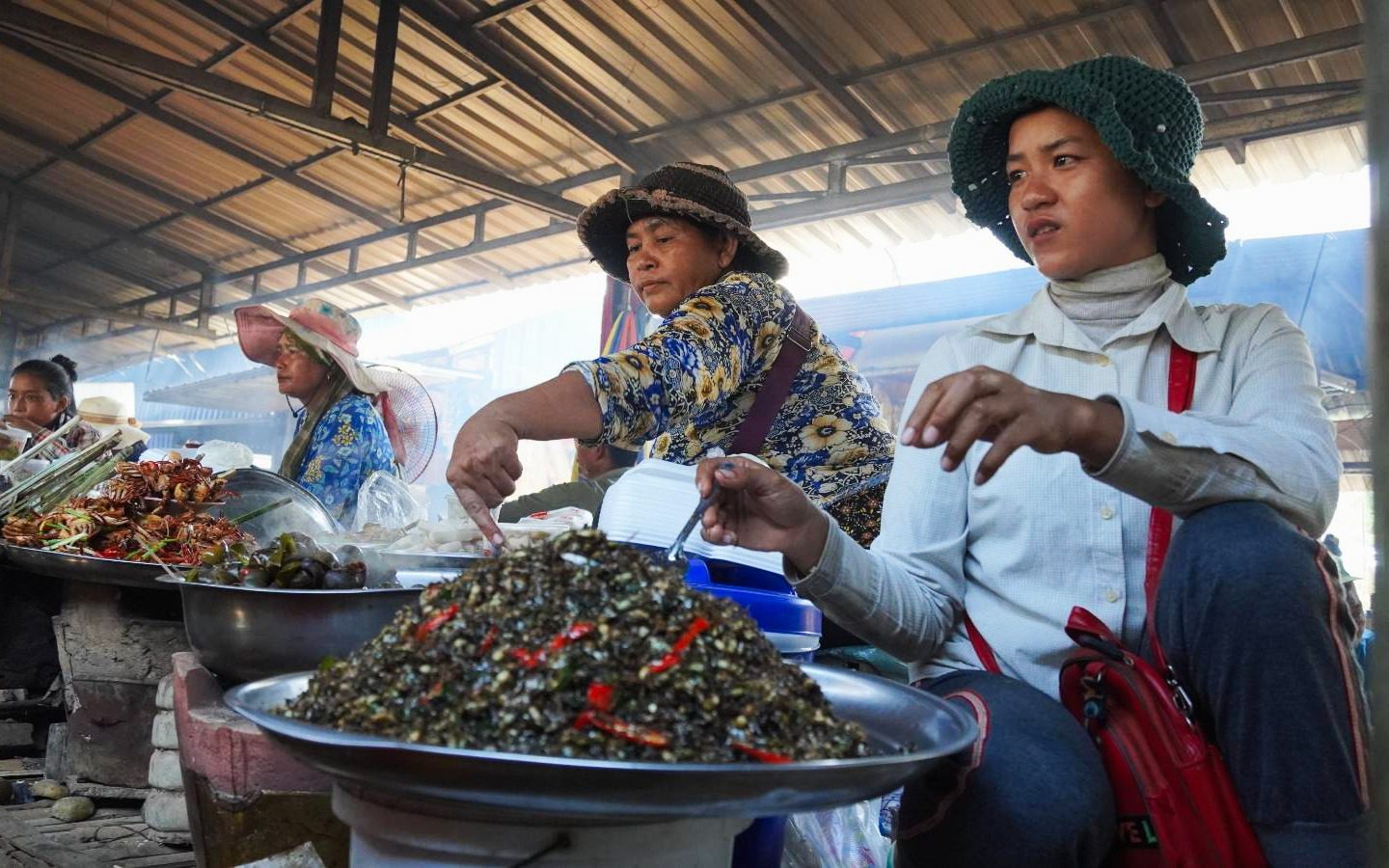As the number of Chinese investors and immigrant workers has risen in Cambodia, transnational crimes have also risen with it, a problem that has severely threatened security in the port city of Sihanoukville and elsewhere in the country.
 Rim Sokvy is a junior research fellow at the Future Forum, an independent Cambodia-based public policy think tank.
Rim Sokvy is a junior research fellow at the Future Forum, an independent Cambodia-based public policy think tank.
There has been a flood of reports regarding kidnapping, detention and forced labor by Chinese criminal organizations that operate scam companies. In April, 66 Thai nationals were rescued from a scam operation, and it has been estimated by Thai police that around 1,500 Thai workers are still trapped in Sihanoukville.
Chinese organized crime and call scam enterprises often operate under the guise of private companies that come to invest in the country. They have tricked immigrant workers and tourists to come with the promise of high salary jobs only to confiscate workers’ travel documents upon arrival. Most of the victims are Chinese, Thai, Vietnamese, Malaysian, Filipino and Indonesian.
Foreign political and law enforcement representatives have said the numbers of those who get rescued pale in comparison to the number who remain detained by criminal operations on Cambodian soil. For example, in March, a Malaysian politician made a statement warning of the risk of forced detention in Cambodia after 16 Malaysians were rescued from Cambodia. She estimated that approximately 300 Malaysian citizens were still being forced to work in Cambodia by Chinese criminal syndicates.
And the response from Cambodian law enforcement and other institutions has been mixed — some rescues go smoothly; in other cases, those begging for rescue, or those aiding the rescue, wind up on the receiving end of criminal charges. And while piecemeal rescues have taken place, these scam enterprises continue to operate largely unchecked.
This is an issue — if left unaddressed — that has the potential to have a huge impact on the trust of the Cambodian government and the law enforcement agencies. There has yet to be a truly effective police crackdown on organized crime in Sihanoukville.
Eroding Trust
Sihanoukville crimes dot the headlines. For instance, in December 2021, a 21-year-old Chinese national was killed in his own apartment in a shooting. In February 2022, a Chinese man was shot five times to death in a public place and perpetrators remained unidentified at the time. Cases like these indicate the severe insecurity in the province.
Cambodian police have a history of downplaying the severity of the issues involving criminal activities and human trafficking in the province despite the presence of various reports and warnings from other Southeast Asian countries regarding the widespread nature of these crimes.
In April 2022, Cambodian police denied the reports of forced labor and human trafficking of Thai nationals in Cambodia by reasoning that most of the victims were merely undocumented workers. Chhoun Narin, Preah Sihanouk provincial police chief, speaking on the issues faced by Thai nationals, said: “We hear fake stories about detentions and torture,” he said. “There are no illegal detentions.”
In another recent case, this time in Kampot province, when a Chinese national alleged that he had been detained in a facility in Kampot, forced to work and threatened with an electric baton if he refused, the police expressed doubts. “This is not detention, since they give him a salary,” one of the officers who spoke with VOD about the case said, adding that the practices were in line with labor laws.
Another officer said: “There is no detention, it is just they do not allow him to get out.”
In this case, the police said there was not much that local police would be able to do. Instead, the man was transported by police to Sihanoukville and is being held under investigation for allegedly spreading “fake news” related to the conditions under which he had been held.
What Needs to Be Done?
Given the severity of recent crimes in Preah Sihanoukville and elsewhere — forced labor, kidnapping, unlawful detention — existing legal mechanisms have not proved sufficient in dealing with the issue. Cambodia needs to strengthen its immigration law, law enforcement and cooperation with other countries to prevent the future flows of crime and shut down existing transnational crime into the country.
In addition to the urgent need of strengthening immigration controls for foreigners with criminal records, Cambodia also needs to tighten its cooperation with China and other Southeast Asian countries regarding the flow of migrant workers, particularly focusing efforts on intelligence and information-sharing. This arrangement would help the Cambodian police to stay informed about the criminal networks operating in Cambodia under different identities, names and company aliases.
Even more fundamentally, the investigations related to this issue should be carried out in a transparent manner to maintain the trust of Cambodian society. These investigations should also involve greater cooperation with relevant regional actors such as Malaysia, Thailand and China.
The Cambodian government should also make use of Chinese police officials stationed in Cambodia as part of Cambodia and China’s law enforcement cooperation as well as the Thai police, who have conducted joint raids with Cambodian law enforcement in the past. Cambodian police should seek out assistance from, and work closely with, these regional actors who have more experience in combating transnational crimes and human trafficking. The government of Cambodia must take a strong stance on this issue in order not only to maintain the trust of Cambodian citizens and documented foreign workers but also to maintain Cambodia’s reputation abroad.
Overall, this criminal activity in Sihanoukville, and elsewhere, has threatened the security of Cambodians and foreign nationals who are living in Cambodia. It must also be a concern of China and other Southeast Asian countries as well. In 2021, five foreign embassies in Cambodia, including China, Indonesia, Thailand, Vietnam and Pakistan expressed their concern about the ongoing situation.
The rise of Chinese scam companies and gang activity in Cambodia is a result of weak law enforcement related to immigration, which has allowed Chinese scam companies to operate freely. Cambodia needs to strengthen its law enforcement and work with other countries to combat the issues. If the status quo is allowed to remain, the issue gravely threatens national security, and national trust in critical institutions.
Rim Sokvy is a junior research fellow at the Future Forum, an independent Cambodia-based public policy think tank.
This commentary is part of the Social Cohesion Project. The project invites young Cambodian researchers to conceptualize and model social cohesion in Cambodia. It is produced in partnership between Future forum and UNDP Cambodia.


